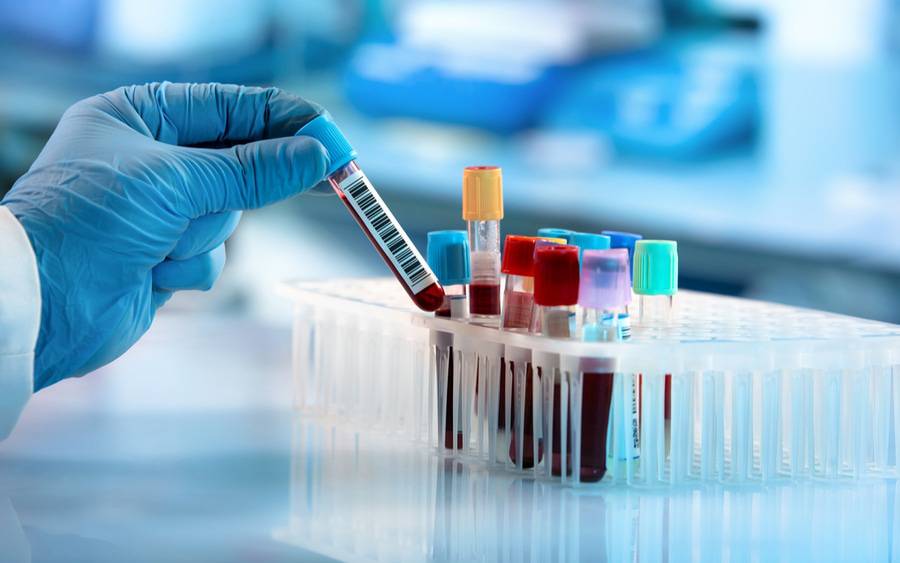Prematurity is the leading cause of death in children under five. According to WHO every year around 15 million babies are born premature, accounting for about one in 10 of all babies born worldwide. Premature babies need extra care to survive and to live a healthy life. The first 28 days of life carry the highest risk of mortality per day than any other period during childhood
Depending on how early a baby is born, he or she may be:
- Late preterm, born between 34 and 36 completed weeks of pregnancy
- Moderately preterm, born between 32 and 34 weeks of pregnancy
- Very preterm, born at less than 32 weeks of pregnancy
- Extremely preterm, born at or before 25 weeks of pregnancy
Most premature births occur in the late preterm stage.
A preterm baby will need a longer hospital stay in a special nursery unit at the hospital. Depending on how much care the baby needs, he or she may be admitted to an intermediate care nursery or the neonatal intensive care unit (NICU).
While not all premature babies experience complications, being born too early can cause short-term and long-term health problems. Generally, the earlier a baby is born, the higher the risk of complications. Birth weight plays an important role too. In general, the more premature a baby is, the greater the chance of health problems.
- Anemia: when babies don’t have enough red blood cells
- Apnea: when a baby stops breathing for a short time; the heart rate may lower; and the skin may turn pale or blue
- Bronchopulmonary dysplasia and respiratory distress syndrome: problems with breathing
- Hyperbilirubinemia: when babies have high levels of bilirubin, which is produced by the normal breakdown of red blood cells. This leads to jaundice, a yellowing of the skin and whites of the eyes.
- Necrotizing enterocolitis: a serious disease of the intestines
- Patent ductus arteriosus: a problem with the heart
- Retinopathy of prematurity: a problem with the eye’s retina
- Infections that babies can get from the mother before, during, or after birth











